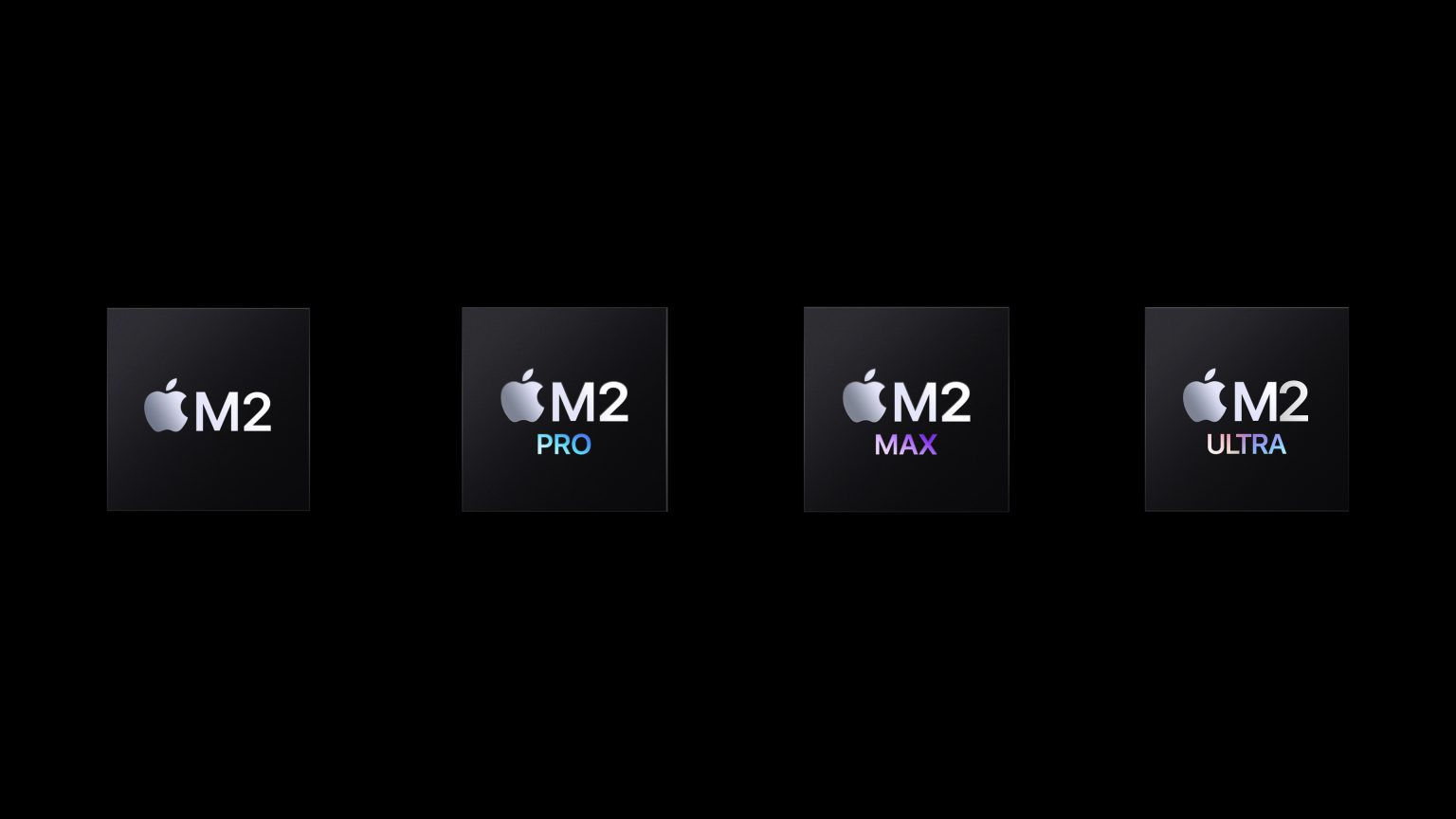Apple has renewed its licensing deal with the British chip design firm Arm, securing the rights to license its chip technology well into the year 2040 and beyond, according to new filings first reported by Reuters.
Details of the licensing deal first emerged in regulatory filings on Tuesday as SoftBank – Arm’s owner – readies the chip designer for its Initial Public Offering (IPO). The filing also indicates that SoftBank hopes to offer 95.5 million Arm shares at an initial price of $47 to $51 per stock, putting Arm’s value at nearly $52 billion.
In an amended F-1 form filed with the US Securities and Exchange Commission (SEC) on Tuesday, Arm states that it has “entered into a new long-term agreement with Apple that extends beyond 2040, continuing our longstanding relationship of collaboration with Apple and Apple’s access to the Arm architecture.” The F-1 form also confirms previous reports of Apple and other companies exploring the possibility of investing in Arm after its IPO.

Discover new horizons, always connected with eSIM
Travel the world stress and hassle-free with the best eSIM service available. Enjoy unlimited data, 5G speeds, and global coverage for affordable prices with Holafly. And, enjoy an exclusive 5% discount.
In the form, a consortium of companies referred to as the “Cornerstone Investors” have “indicated an interest in purchasing up to an aggregate of $735 million” worth of stock once the IPO is completed. The Cornerstone Investors comprise AMD, Apple, Cadence, Google, Intel, MediaTek, Nvidia, Samsung, Synopsys, and TSMC.
Despite being relatively unknown by many, Arm is perhaps one of the most influential intellectual property holders in the semiconductor architecture industry. Arm pioneered the reduced instruction set computer (RISC) architecture necessary for modern low-energy processors compared to the power-hungry complex instruction set computer (CISC) systems powering Intel’s and AMD’s x86 architectures.
Apple licenses Arm’s instruction set for its own chip designs, which enabled the former to break free from Intel with its Apple silicon transition in 2021. All A-series processors for iPhone and iPad also rely on Arm’s underlying instruction set, although Apple now possesses great engineering talent to customize and tailor its chips to its exact specifications.





